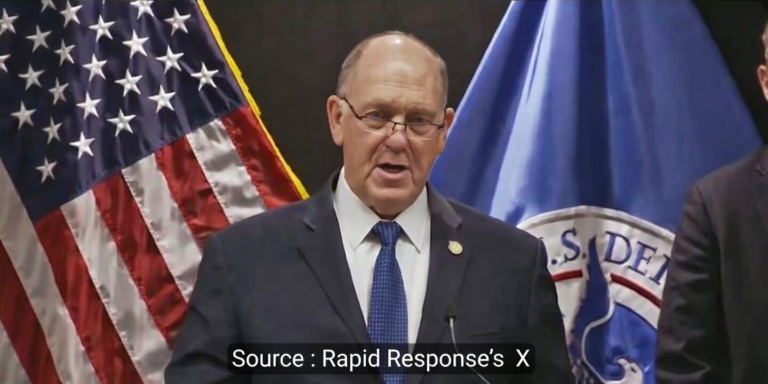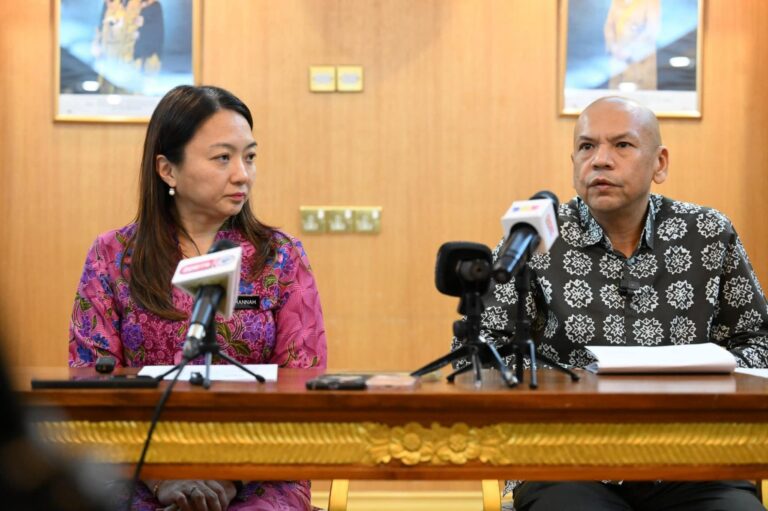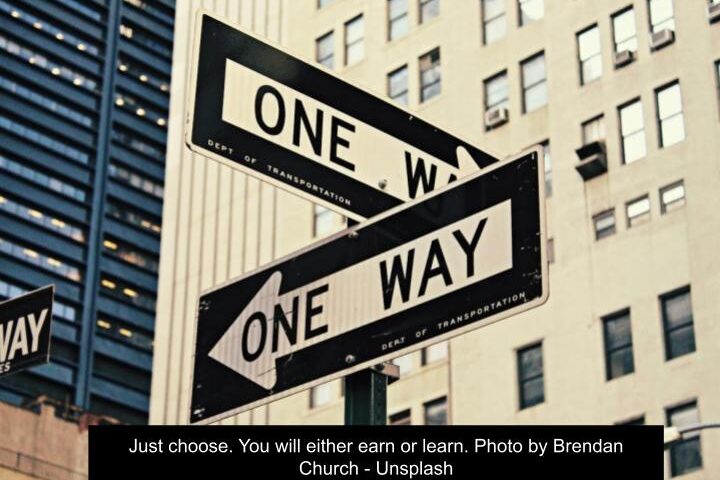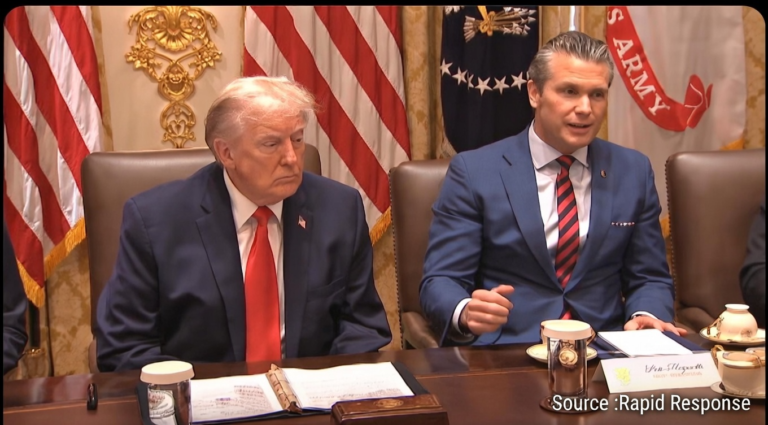
Growing up as children of ex-servicemen
By Mohd Zaidi Md Zabri

During an impromptu coffee break, I was talking with my mentor about my own strong headedness. She shared her experience of having a relative in service, before turning to me with a question: ‘Why are the children of ex-servicemen always so rebellious?’
I was not sure whether she was being entirely serious or whether the question was rhetorical, perhaps even meant to tease me.
Nonetheless, I offered what sounded like an explanation, or perhaps just a rationalization.
We were not really bad kids, I told her. We were simply pushing back against the kind of discipline that hung over our homes like a shadow.
As I reflect on it now, I realize that what we called “rebellion” was our way of asserting ourselves in families shaped by military service.
Our fathers had been trained to obey orders, to endure pain, and above all, to survive. That kind of upbringing left its mark on us (pun intended), whether we wanted it or not.
When we were young, the rules seemed endless. Bedtimes were strict, manners were enforced, and any slip was met with sharp correction.
We rebelled not because we were wild by nature, but because we were searching for space to breathe.
But with age comes perspective. I began to understand that the distance we sometimes felt from our fathers was not a matter of coldness or lack of affection. It was the product of experience. Service personnel, in both the armed forces and the police, had faced things most civilians could not even begin to fathom.
They had been shot at (including my father who served during the communist insurgency in the late 1980s, where his platoon survived but one of his buddies took a bullet that went straight through his thigh), trained and deployed in hostile terrain, and pushed to their limits in ways no textbook could explain.
For me, this understanding became real when I learned more about my own father’s service.
He served in the Royal Signal Regiment, but he was also an excellent marksman, so skilled that he spent much of the later years of his career at the shooting range. Hence the numerous medals in our home back then.
He was even close to representing the country but instead chose to retire peacefully in his hometown.
But we had no idea what those medals truly meant, because he was not much of a talker during his service. Behind those shiny medals, however, was a price paid in silence.
In those days, soldiers were not provided with proper ear protection. No earmuffs, no safeguards against the constant thunder of gunfire. My father’s ears began to bleed, and eventually, he lost hearing in one ear.
And the worst part is, I just learned about this after more than a quarter century following his retirement, and only because I started writing about my father’s service in the newspaper about a year ago and wanted to make sure I got the full story.
All my life, I had thought of him as strict, sometimes distant, always commanding. But suddenly I saw another layer. I now see a man who had silently carried an injury born of duty.
What’s more remarkable is that he never complained, never spoke of the pain, never once used it as an excuse.
We often speak of sacrifice in metaphors, of blood, sweat, and tears. But for our fathers, the blood was real. What astonished me was that when my father finally revealed he had bled from years of service, he spoke of it nonchalantly, as though such sacrifice was nothing more than routine.
Growing up, my siblings and I knew our father struggled to hear. We practically had to shout at him whenever we wanted to talk. But we never really knew why. We resigned ourselves to the fact that he was deaf in one ear, without question, without understanding the sacrifice behind it.
Military life is not built on ideals of comfort. It is built on endurance. Servicemen are trained to march in the rain or shine, and to react without hesitation when danger strikes—so that others may sleep in peace.
As such, they do not get to complain or indulge in weakness. And when they return home, some of that hardness lingers.
For a child, that hardness can feel like distance. It can feel like disapproval, or even rejection.
But now, looking back, I see it differently. Our fathers carried the weight of experiences they could not always share, bound by the Ikrar Kesatria (the Warrior’s Pledge), which includes the vow to “menyimpan rahsia negara dengan seketat-ketatnya” (to keep the nation’s secrets with the utmost stringency).
And with that silence came scars, some visible, and most, I suspect, invisible.
Those scars did not remain only with them. In many ways, they shaped the atmosphere in our homes and the way we grew up. I now realize that the “rebelliousness” of servicemen’s children was also a form of resilience.
Growing up in such households meant learning to adapt, to test boundaries, to read moods quickly. We became skilled at navigating tension, and skilled at creating our own fun.
It was not always easy, but it forged character. Yet it also left its traces. Many children of ex-servicemen grow up with a complicated relationship with authority. Some overcompensate by becoming highly disciplined themselves, while others swing the opposite way, resisting structure wherever they find it.
Therefore, to my mentor and to anyone who wonders why we were “naughty,” the answer is this. We were testing the edges of the discipline that defined our homes. We were finding our voices in the echo of commands that once barked across parade grounds. And we were, in our own ways, paying tribute to parents who had faced the unimaginable and returned with strength and scars.
This is why empathy matters. Behind every strict household is a soldier who once stood guard against unimaginable dangers, and behind every rebellious child is a story of adaptation to a parent’s silent sacrifices.
When I finished, my mentor paused for a moment before nodding. “Hmmm,” she said softly. “Your explanation does make sense.”
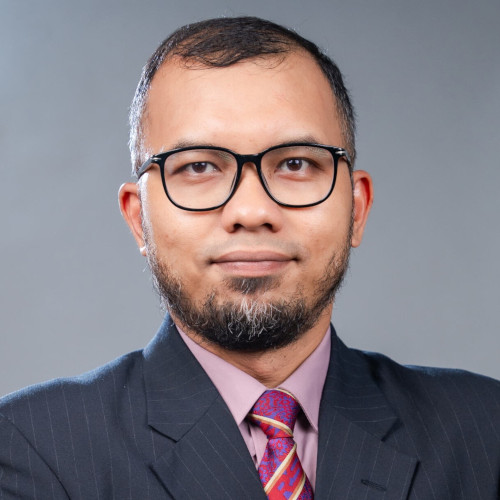
Dr Mohd Zaidi Md Zabri is the Interim Director at the Centre of Excellence for Research and Innovation for Islamic Economics (i-RISE), ISRA Institute, INCEIF University. He has no other childhood memory than growing up in army camps across Peninsular Malaysia and later attended a boarding school within one. Those experiences continue to shape his reflections today.







